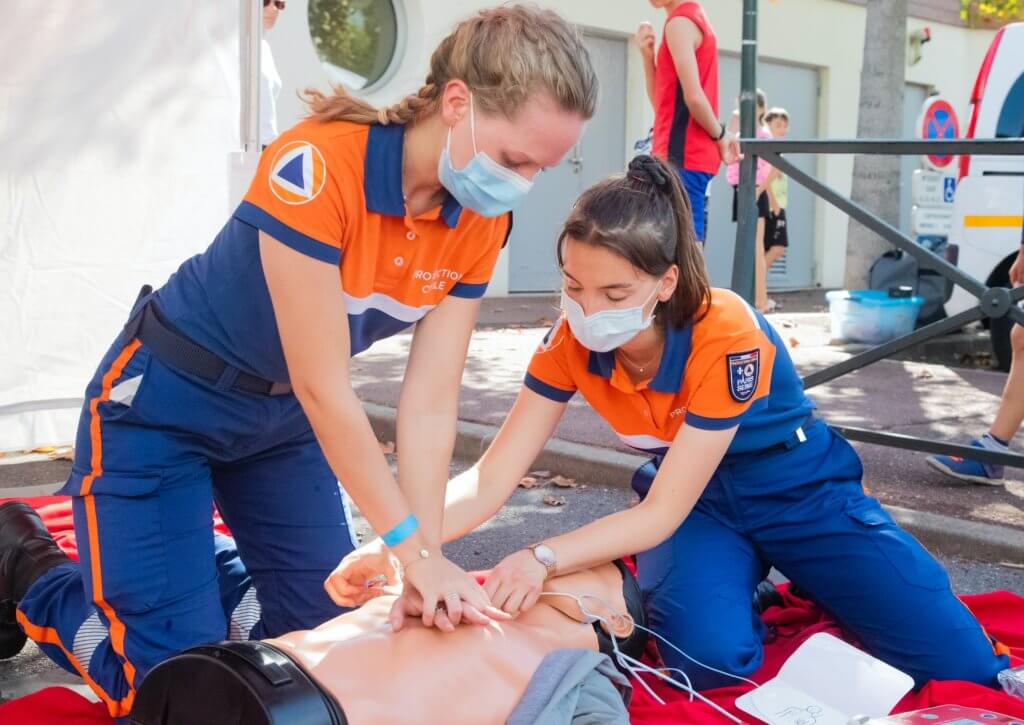BOSTON — Plenty of people rush to sites like WebMD or “Dr. Google” when they have medical concerns. So, shouldn’t advanced AI programs like ChatGPT provide even better advice? A new study reveals that only a slight fraction, just over 10 percent, of artificial intelligence platforms can accurately provide verbal instructions for performing CPR.
Researchers from Mass General Brigham discovered that when bystanders in an emergency situation ask applications like Siri or Alexa for CPR instructions, these programs might instead direct them to information about a movie titled “CPR” or even Colorado Public Radio.
Being trained in cardiopulmonary resuscitation or receiving instructions from an emergency operator is associated with a two to four-fold increase in survival rates. However, relying on AI for help instead of calling 911 could drastically reduce the chances of survival.

The study, published in JAMA Network Open, was conducted by researchers from Mass General Brigham, New York’s Albert Einstein College of Medicine, and Boston Children’s Hospital. They assessed the quality of CPR directions provided by AI voice assistants.
Surprisingly, nearly half of the responses from the voice assistants were not related to CPR, and only 28 percent suggested calling emergency services. Only 34 percent of the responses included CPR instructions, and a mere 12 percent provided verbal instructions.
The researchers asked eight verbal questions to four voice assistants: Amazon’s Alexa, Apple’s Siri, Google Assistant’s Nest Mini, and Microsoft’s Cortana. They also entered the same questions into ChatGPT, which consistently provided the most relevant information for all queries among the platforms tested.
Two board-certified emergency medicine physicians evaluated all the responses.
“Our findings suggest that bystanders should call emergency services rather than relying on a voice assistant,” says senior author Adam Landman, MD, MS, MIS, MHS, chief information officer and senior vice president of digital at Mass General Brigham and an attending emergency physician, in a media release.
“Voice assistants have potential to help provide CPR instructions, but need to have more standardized, evidence-based guidance built into their core functionalities.”
You might also be interested in:
- Damar Hamlin’s health scare inspires stunning spike in interest about learning CPR
- Can you trust AI? Here’s why you shouldn’t
- ChatGPT scores in the top 1% for original creative thinking
South West News Service writer Jim Leffman contributed to this report.

